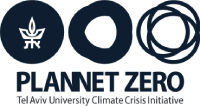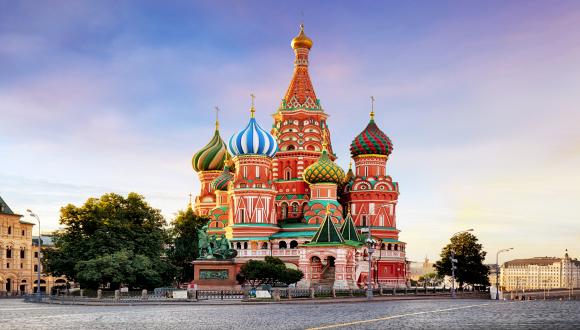Voices of Change: Anton from Moscow, Russia
"Insects that harm forests and farmlands now survive in northern regions due to milder winters."
What is your name and where are from?
My name is Anton, and I hail from Moscow, Russia.
Have you heard the term Climate change?
As a postdoctoral researcher in Physics at Tel Aviv University, I’ve encountered the term “climate change” frequently through articles and discussions. Many of these sources emphasize that red meat production from cows significantly contributes to climate change. The process of raising cattle demands vast grazing lands and substantial water resources, both of which are limited. This strain on resources directly impacts our climate.
What is the climate over there?
In Moscow, our weather patterns exhibit stark contrasts. Summer temperatures are around 20 to 25 degrees Celsius, while temperatures in winter plummet to -15 degrees Celsius. Last year, during my stay in Kyrgyzstan, I experienced one of the coldest winters in the region, with temperatures reaching -10 degrees Celsius. Typically, this area maintains a more moderate zero-degree Celsius during winter. However I am still not sure if this unusual winter was an effect of climate change or a rare solar activity occurrence. Perhaps it’s a once-in-a-decade event—I cannot definitively say. What I do observe is that summers have intensified, while winters have grown colder over the past few years. Russia typically endures short summers and prolonged winters.
Do you guys see any changes in the climate during past few years
Recently, Russia has faced floods, which is an uncommon phenomenon in our country. Additionally, there have been tornado reports from the southern regions, which are also not common for this region. If these extreme events are directly related to climate change then we are left with no escape. Personally, I struggle to discern climate change’s direct impact on Russia. While there has been a sporadic forest fire over the years, nothing else stands out significantly. Interestingly, the slightly hotter summers benefit us. Given our brief summer season, Russians appreciate any increase in temperature. However, this localized perspective doesn’t reflect the global implications. Climate change remains a secondary concern for Russia, resulting in mostly declarative government policies with limited practical implementation. Curiously, insects that harm forests and farmlands now survive in northern regions due to milder winters. The exact reasons behind this shift remain unclear.
What does your family think about the climate change?
In my family, climate change discussions are absent. However, I have friends in the countryside who grow their own fruits and vegetables. For them, climate change poses real challenges.
What is your opinion on climate change, why does it occur, and what is the main cause?
Pollution coming from burning oil and other fossil fuels leads to climate change. Carbon dioxide emissions accelerate ice melting and disrupt ecosystems. The ongoing Russia-Ukraine conflict has lowered water storage levels, impacting productivity for cotton, which is a critical crop in our region. As cotton suffers, rural inhabitants migrate to mainland Russia. While warmer temperatures expand habitable land in my country, the overall impact on our planet remains concerning. To mitigate climate change, reducing pollution levels is paramount in my view.
Discover how climate change is impacting other regions around the world


